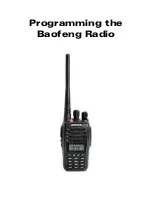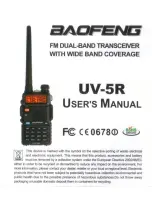
Virtex-5 RocketIO GTP Transceiver User Guide
225
UG196 (v1.3) May 25, 2007
Reference Clock
R
In most cases the linear regulator is driven by a switching power supply. Care must be
taken to ensure that ripple and other switching noise artifacts are filtered out by the
regulator and/or filtering circuitry. Extra care must be taken when using low drop out
(LDO) linear regulators because limited voltage headroom at the input reduces the ability
of the regulator to filter out noise components.
Regulator Selection
The designer must follow the voltage regulator selection guidelines for the specific receiver.
A
majority of transceiver performance issues are traced to power-supply noise issues.
Filtering
The power distribution system guidelines for the specific receiver
must be strictly followed
to achieve the specified performance.
Reference Clock
Clock Sources
A high-quality crystal oscillator is essential for good performance. The oscillator
manufacturer’s power supply design guide must be followed.
When choosing alternate clock sources, the alternate oscillators must meet or exceed the
specifications as required by the transceiver data sheet.
Depending on the application and its performance goals, it is possible to stray from the
clock source specifications, but in that case the specified performance of the transceiver is
not guaranteed.
Clock Traces
Because performance of the transceiver is directly related to the quality of its reference
clock, every effort must be made to ensure the signal integrity of the clock traces from
oscillator to FPGA. Apply the same techniques for 10 Gb/s trace design in
to these clock traces.
Figure 11-2:
POL Power Distribution Architecture
Linear S
u
pply
B
u
s
Main S
u
pply
B
u
s
UG196_c11_02_092006
Linear
Reg
u
lator
Transcei
v
er
S
u
pply 0
Transcei
v
er
S
u
pply
N
FPGA Core
S
u
pply
Linear
Reg
u
lator
S
w
itching
Reg
u
lator
S
w
itching
Reg
u
lator
















































